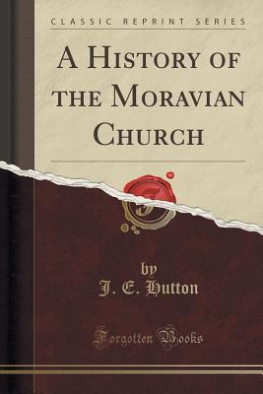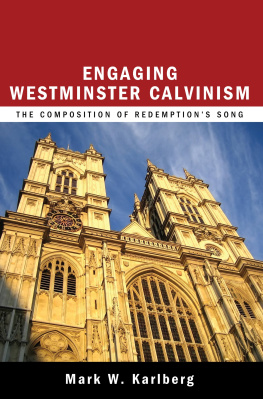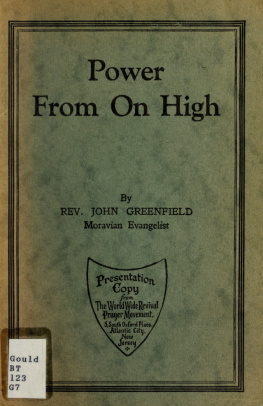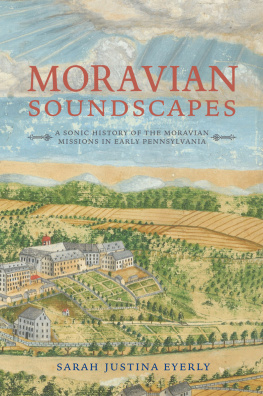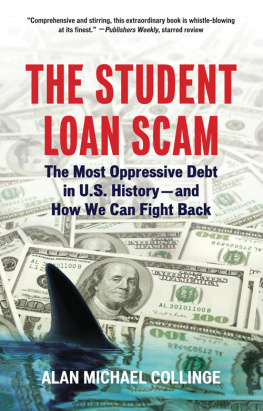Project Gutenberg's History of the Moravian Church, by J. E. Hutton
This eBook is for the use of anyone anywhere at no cost and with
almost no restrictions whatsoever. You may copy it, give it away or
re-use it under the terms of the Project Gutenberg License included
with this eBook or online at www.gutenberg.org
Title: History of the Moravian Church
Author: J. E. Hutton
Release Date: March, 2000 [EBook #2099]
Last Updated: February 4, 2013
Language: English
*** START OF THIS PROJECT GUTENBERG EBOOK HISTORY OF THE MORAVIAN CHURCH ***
Produced by John Bechard and David Widger
HISTORY OF THE MORAVIAN CHURCH
by J. E. Hutton
(Second Edition, Revised and Enlarged.)
1909
Transcriber's Note: I have inserted a few notes of my own regarding spelling (one Greek word) and the rearranging of dates that were originally shown in the margins of the book; any of my own adjustments or notes have been enclosed in these brackets: {} to separate them from the original text. As well, I have renumbered all the footnotes from their corresponding pages and set them at the end of this document.
CONTENTS
PREFACE.
For assistance in the preparation of this second edition, I desire herewith to express my obligations to several friends:To the late Rev. L. G. Hass, B.D., whose knowledge of Moravian history was profound, and who guided me safely in many matters of detail; to the Rev. N. Libbey, M.A., Principal of the Moravian Theological College, Fairfield, for the loan of valuable books; to the Rev. J. T. Mller, D.D., Archivist at Herrnhut, for revising part of the MS., and for many helpful suggestions; to Mr. W. T. Waugh, M.A., for assistance in correcting the proof-sheets, and for much valuable criticism; to the members of the Moravian Governing Board, not only for the loan of books and documents from the Fetter Lane archives, but also for carefully reading through the MS.; to the ministers who kindly supplied my pulpit for three months; and last, but not least, to the members of my own congregation, who relieved me from some pastoral duties to enable me to make good speed with my task.
MORAVIAN MANSE, HECKMONDWIKE.
BOOK ONE. THE BOHEMIAN BRETHREN.
CHAPTER I THE RISING STORM.
When an ordinary Englishman, in the course of his reading, sees mention made of Moravians, he thinks forthwith of a foreign land, a foreign people and a foreign Church. He wonders who these Moravians may be, and wonders, as a rule, in vain. We have all heard of the Protestant Reformation; we know its principles and admire its heroes; and the famous names of Luther, Calvin, Melancthon, Latimer, Cranmer, Knox and other great men are familiar in our ears as household words. But few people in this country are aware of the fact that long before Luther had burned the Pope's bull, and long before Cranmer died at the stake, there had begun an earlier Reformation, and flourished a Reforming Church. It is to tell the story of that Churchthe Church of the Brethrenthat this little book is written.
For her cradle and her earliest home we turn to the distressful land of Bohemia, and the people called Bohemians, or Czechs. To us English readers Bohemia has many charms. As we call to mind our days at school, we remember, in a dim and hazy way, how famous Bohemians in days of yore have played some part in our national story. We have sung the praises at Christmas time of the Bohemian Monarch, "Good King Wenceslaus." We have read how John, the blind King of Bohemia, fell mortally wounded at the Battle of Crecy, how he died in the tent of King Edward III., and how his generous conqueror exclaimed: "The crown of chivalry has fallen today; never was the like of this King of Bohemia." We have all read, too, how Richard II. married Princess Anne of Bohemia; how the Princess, so the story goes, brought a Bohemian Bible to England; how Bohemian scholars, a few years later, came to study at Oxford; how there they read the writings of Wycliffe, the "Morning Star of the Reformation"; and how, finally, copies of Wycliffe's books were carried to Bohemia, and there gave rise to a religious revival of world-wide importance. We have struck the trail of our journey. For one person that Wycliffe stirred in England, he stirred hundreds in Bohemia. In England his influence was fleeting; in Bohemia it was deep and abiding. In England his followers were speedily suppressed by law; in Bohemia they became a great national force, and prepared the way for the foundation of the Church of the Brethren.
For this startling fact there was a very powerful reason. In many ways the history of Bohemia is very like the history of Ireland, and the best way to understand the character of the people is to think of our Irish friends as we know them to-day. They sprang from the old Slavonic stock, and the Slavonic is very like the Keltic in nature. They had fiery Slavonic blood in their veins, and Slavonic hearts beat high with hope in their bosoms. They had all the delightful Slavonic zeal, the Slavonic dash, the Slavonic imagination. They were easy to stir, they were swift in action, they were witty in speech, they were mystic and poetic in soul, and, like the Irish of the present day, they revelled in the joy of party politics, and discussed religious questions with the keenest zest. With them religion came first and foremost. All their poetry was religious; all their legends were religious; and thus the message of Wycliffe fell on hearts prepared to give it a kindly welcome.
Again, Bohemia, like Ireland, was the home of two rival populations. The one was the native Czech, the other was the intruding German; and the two had not yet learned to love each other. From all sides except one these German invaders had come. If the reader will consult a map of Europe he will see that, except on the south-east frontier, where the sister country, Moravia, lies, Bohemia is surrounded by German-speaking States. On the north-east is Silesia, on the north-west Saxony, on the west Bavaria and the Upper Palatinate, and thus Bohemia was flooded with Germans from three sides at once. For years these Germans had been increasing in power, and the whole early history of Bohemia is one dreary succession of bloody wars against German Emperors and Kings. Sometimes the land had been ravaged by German soldiers, sometimes a German King had sat on the Bohemian throne. But now the German settlers in Bohemia had become more powerful than ever. They had settled in large numbers in the city of Prague, and had there obtained special privileges for themselves. They had introduced hundreds of German clergymen, who preached in the German language. They had married their daughters into noble Bohemian families. They had tried to make German the language of the court, had spoken with contempt of the Bohemian language, and had said that it was only fit for slaves. They had introduced German laws into many a town, and German customs into family life; and, worse than all, they had overwhelming power in that pride of the country, the University of Prague. For these Germans the hatred of the people was intense. "It is better," said one of their popular writers, "for the land to be a desert than to be held by Germans; it is better to marry a Bohemian peasant girl than to marry a German queen." And Judas Iscariot himself, said a popular poet, was in all probability a German.
Again, as in Ireland, these national feuds were mixed up with religious differences. The seeds of future strife were early sown. Christianity came from two opposite sources. On the one hand, two preachers, Cyril and Methodius, had come from the Greek Church in Constantinople, had received the blessing of the Pope, and had preached to the people in the Bohemian language; on the other, the German Archbishop of Salzburg had brought in hosts of German priests, and had tried in vain to persuade the Pope to condemn the two preachers as heretics. And the people loved the Bohemian preachers, and hated the German priests. The old feud was raging still. If the preacher spoke in German, he was hated; if he spoke in Bohemian, he was beloved; and Gregory VII. had made matters worse by forbidding preaching in the language of the people.

